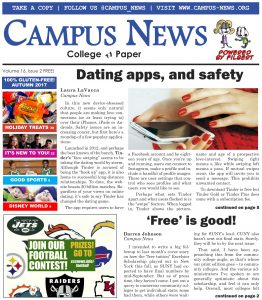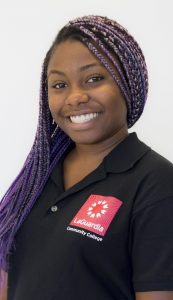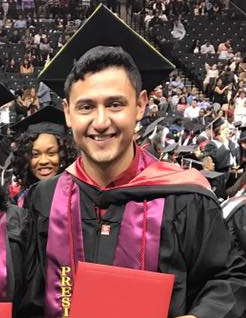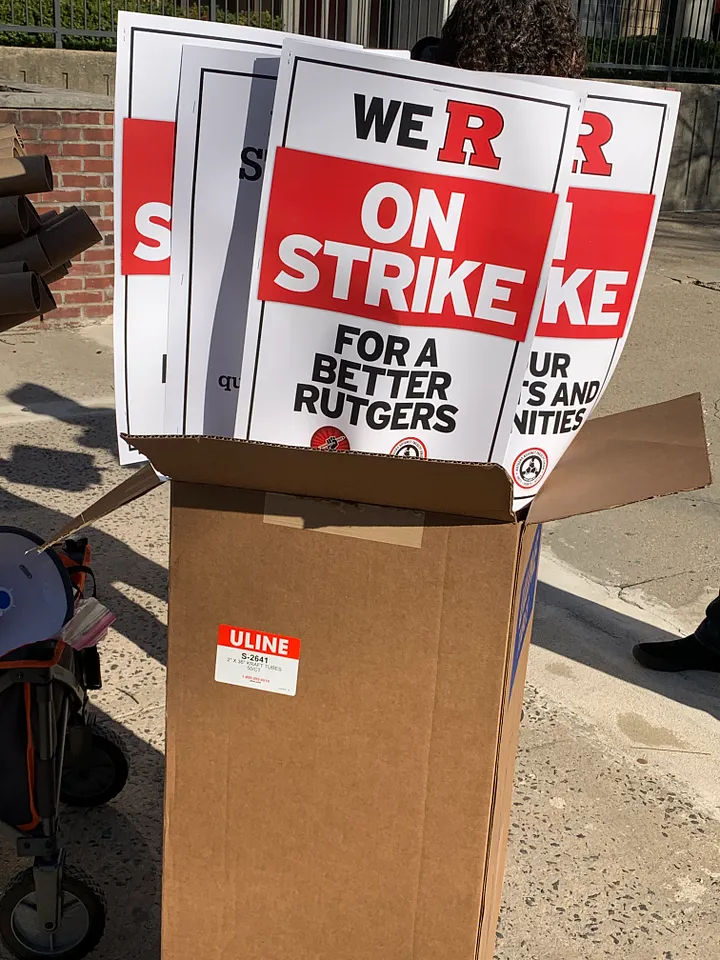By Telijah Patterson
Campus News
“We think that we don’t stand a chance at getting into highly selective schools and therefore don’t apply. I really struggled to get out of that mindset,” said Christian Esquivel, a Fall 2017 LaGuardia Community College transfer at Brown University.
Brown, one of the eight esteemed Ivy League schools, had a paltry freshman acceptance rate of 9.8% and an even lower transfer acceptance rate of 5.6% in the year 2016, but that didn’t stop Esquivel from applying, and his case isn’t isolated; a year earlier he was preceded by fellow LCC student Edemir Castano.
Traditionally, most transfers to Ivy and other prestigious schools are from other four-year universities, but increasingly students from community colleges are setting their eyes on and being admitted to highly selective schools. In fact, Esquivel was not the first from LCC to attend Brown. Four other students were admitted last year. In addition to Brown, alumni have attended Cornell, Columbia, Johns Hopkins, Georgetown, Sarah Lawrence, and even Stanford.
“If you think that there is any possibility you might want to attend, apply, no matter how out of reach it may seem,” advises Esquivel. In addition to Brown, he was accepted at Amherst, Tufts, NYU and others.

However, the road is not an easy one. From researching schools that will be the right fit to gathering recommendation letters to writing and rewriting personal statements to even retaking the SAT, the road to an elite college can be a grueling one, yet rewarding. The key is to have the right guidance and support. In addition to his high GPA coupled with his roles as a Phi Theta Kappa VP and school ambassador, Esquivel humbly acknowledges that having a transfer coach was really the determining factor. As a Kaplan Scholar, he was provided with SAT tutorials, a transfer coach, and monthly visits to elite four-year schools.
“Our coach gave us a list of 20+ schools,” notes Esquivel, “and then it was on us to do research and find the schools that were most attractive in terms of programs, departments, environment, etc. We had three categories: safety, reach, and super-reach schools. Once I warmed up to the idea of leaving New York, I also tried to diversify my list based on geographical location.”
Although most students don’t have the luxury of a transfer coach, most community college campuses have a writing center and a transfer office. Many offer workshops on how to improve your personal statement. Take advantage of these resources. Go to your writing center regularly to get feedback on your writing. Your transfer service office will also give you tips on how to get into a selective school, some offer vouchers for your application fee, and some schools even have articulation agreements with selective schools making it easier to transfer credits. Many schools have mentorship programs; find out what is available on campus. Building and maintaining a strong relationship with your professors can also help you to gain a mentor. Don’t forget to seek out other motivated students on your campus. If your college has an honors program, take an honors class; selective schools love to see this on your transcript. Even if you don’t make an A, it indicates drive and determination.
Transferring to an elite institution opens many doors. And contrary to popular belief, often low-income students from community colleges receive more financial aid at selective private schools than they would at big public schools.
There is a correlation between high ranking schools and high endowments. The higher the school’s endowment the more generous they tend to be in giving students aid. This is often done through grants and scholarships with loans being a last resort. In fact, amongst all the Ivy leagues the policy is to meet 100% of a student’s financial need as determined by the college. Many other top ranking schools have adopted this policy. More financial resources means that the school can hire more faculty, so class size tends to be smaller, averaging around 10 students. This type of close-knit learning community gives students individualized attention, which greatly enhances their learning. There are more opportunities to network with fellow top students. And of course completing a degree at a prestigious university is an excellent notation when your resume is being judged by a hiring manager.
Perhaps the biggest obstacle for students is their own perception of themselves. Many students feel they don’t have what it takes to attend an elite institution. To her students that doubt their potential, Monica Johnson, program director of the America Needs You fellowship states, “Don’t tell yourself no, let other people tell you no, then you can prove them wrong.”
In fact, an increasing number of prestigious colleges are saying “yes” to transfer students. Princeton recently started accepting transfers. Cornell accepts 20% of transfer applicant as opposed to 14% of freshman applicants. Yale, Columbia, Smith and Mount Holyoke are amongst a few institutions with special programs designed for non-traditional aged transfer students. The latter two schools even have options to accommodate women with families.
With over 40% of college students nationwide attending community colleges and rising, Ivy and other first-tier schools realize the value in accepting these students. Not only do community college students add diversity, many often come with life experience, and the grit to handle a rigorous curriculum. As winter graduations approach, many students are looking to transfer to four-year institutions for the Spring 2018 and Fall 2018 semesters. If your dream is to attend a selective college, go for it! You wouldn’t be the first, and you won’t be the last.
 Telijah Patterson is an International Studies major at LaGuardia Community College.
Telijah Patterson is an International Studies major at LaGuardia Community College.







Comments